Greece and Israel within a triple global crisis
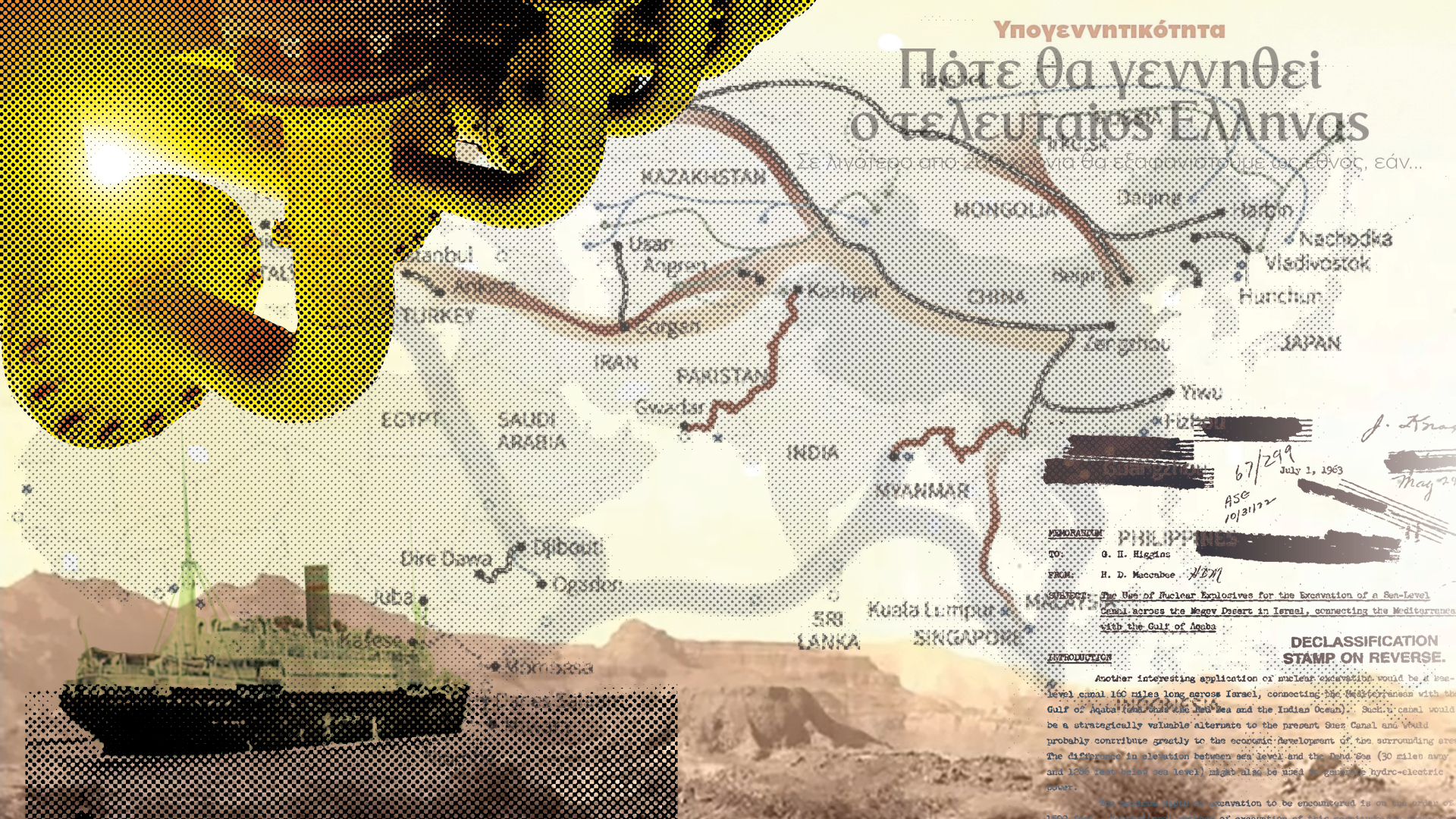
What roles for Israel and Greece as new conflicts spread along liquid silk roads? The last part of the iMEdD analysis.
Greece and Israel within a triple global crisis – The main text
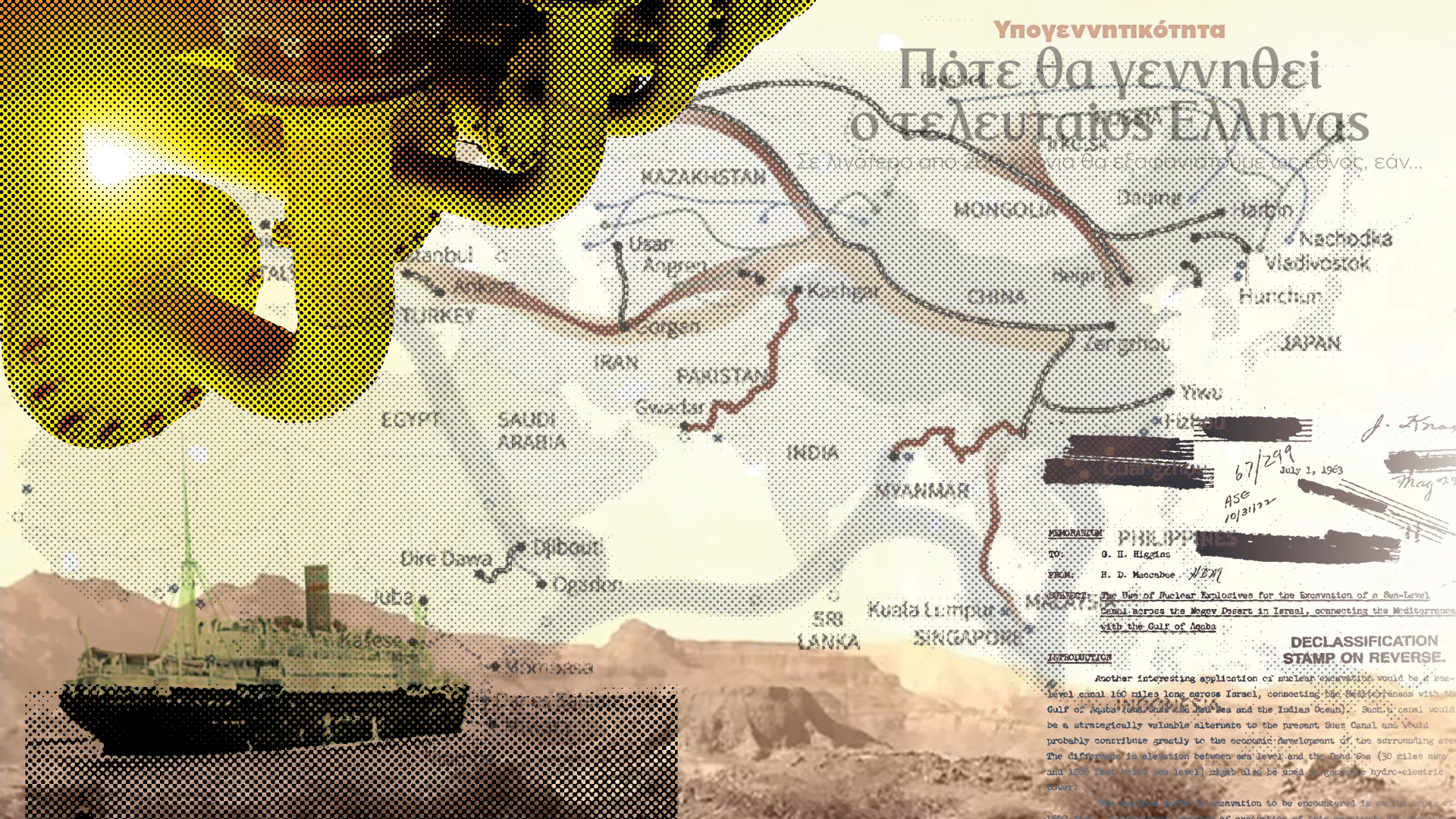
What roles for Israel and Greece as new conflicts spread along liquid silk roads? The last part of the iMEdD analysis.
In post-coup Niger, migration becomes legal again
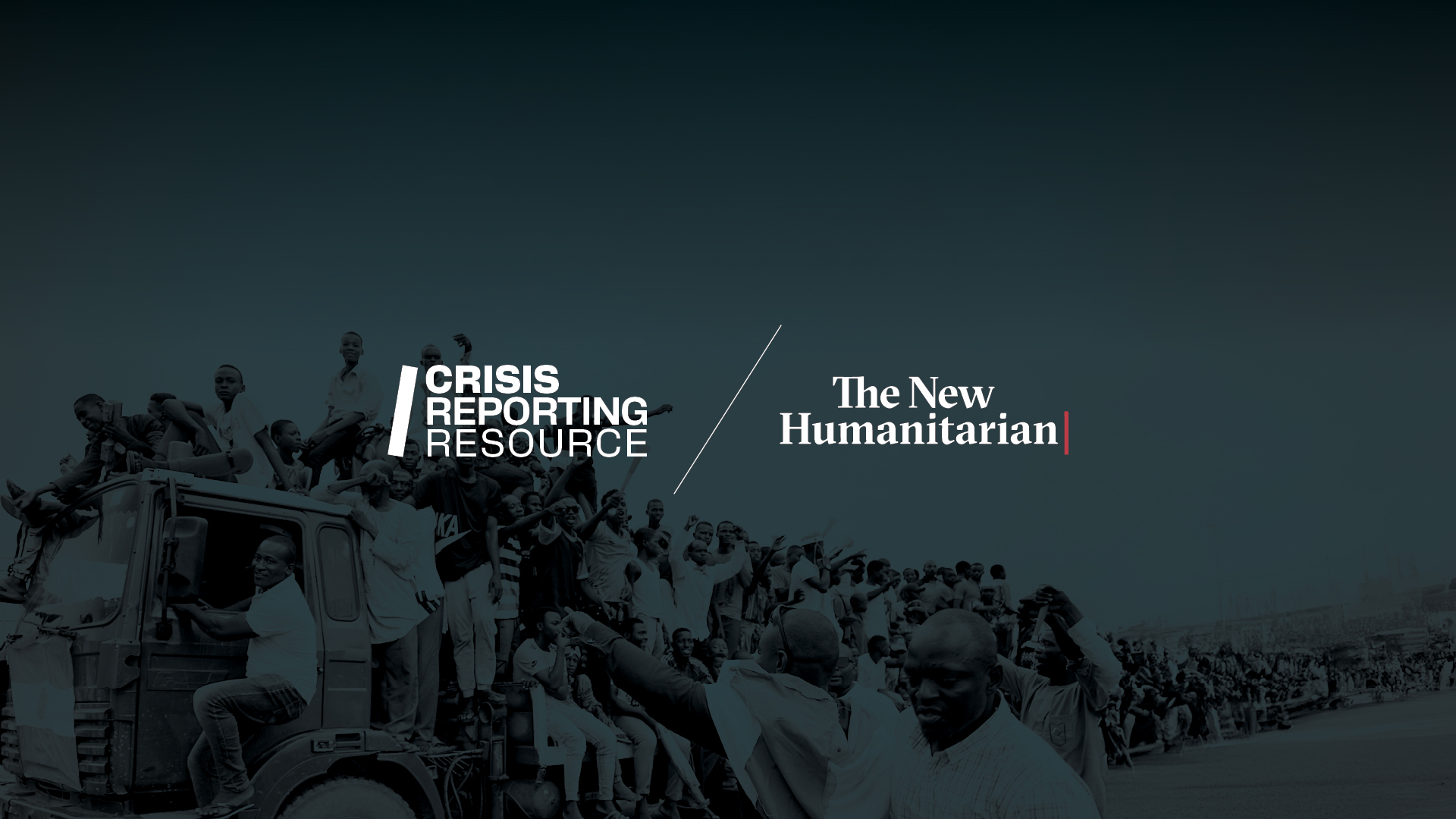
‘The Europeans fuss, but Niger has always been a transit country.’
From Rimland to Rimland – The main text
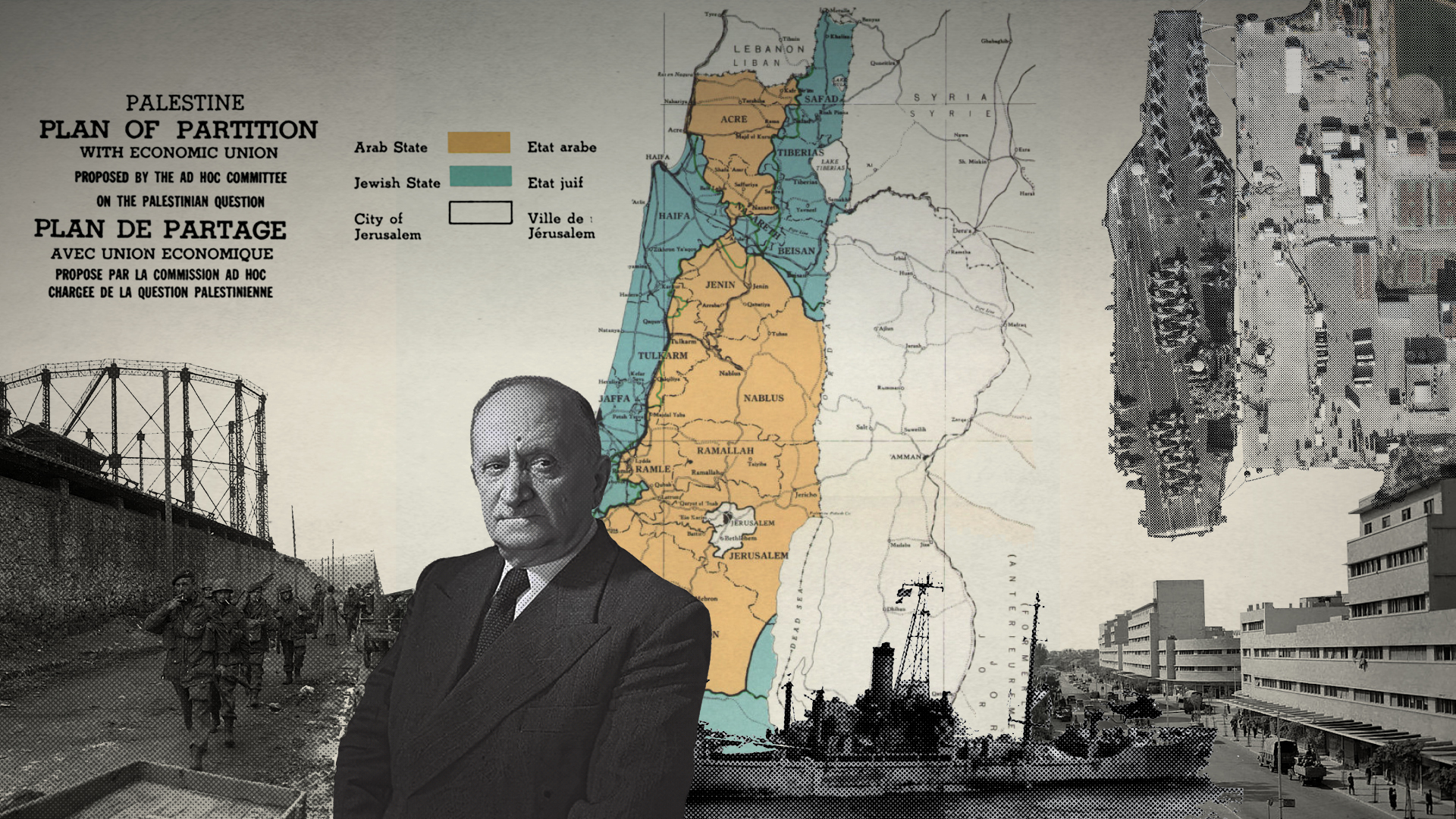
How an Ottoman Jew’s move from imperial Salonica to nation-state Haifa mirrored the shifting of a world. The full text of the second part of iMEdD analysis.
When Hellenism and Zionism aspired to nation-statehood – The main text
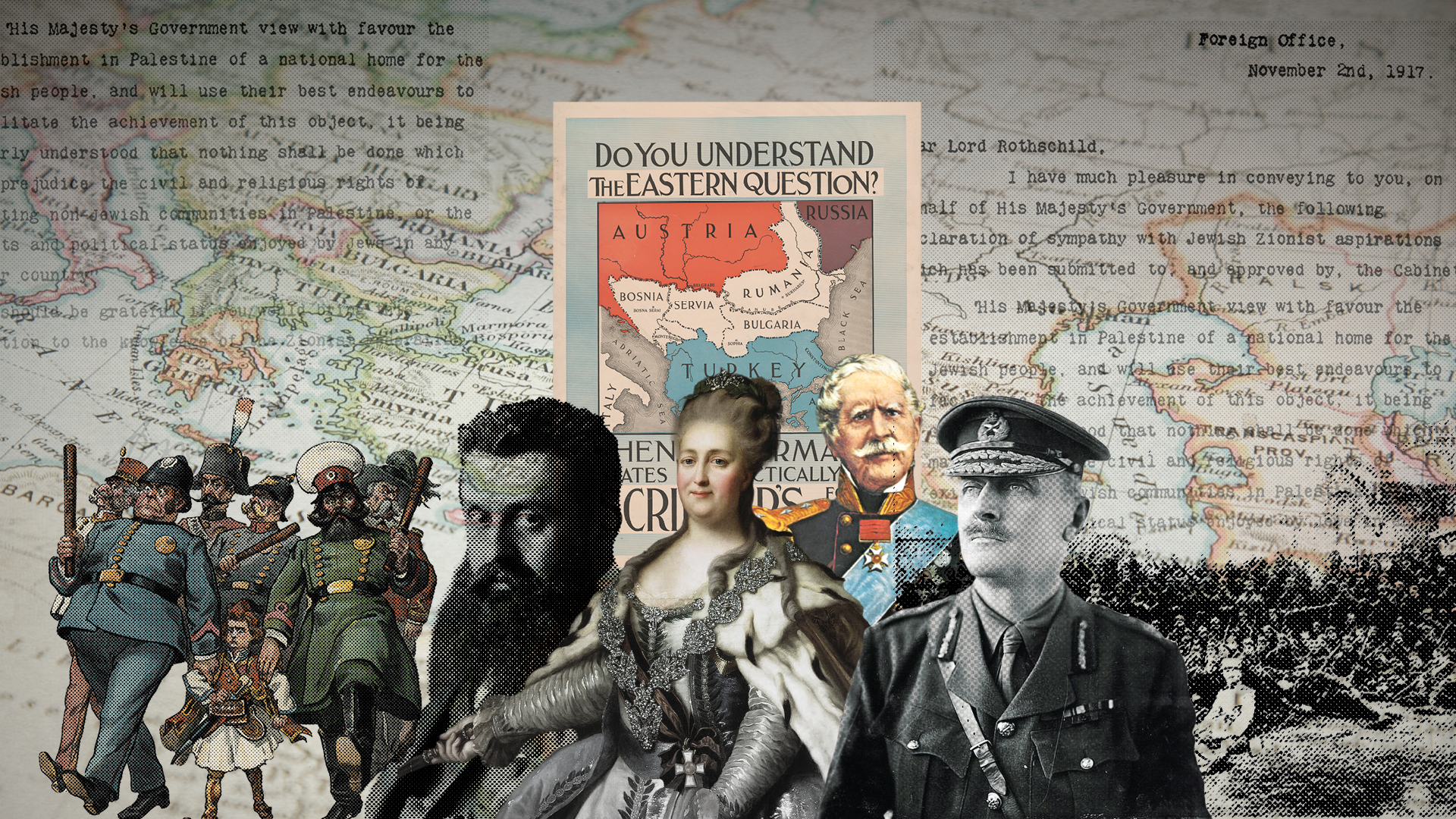
As empires collapsed, two ethnic ideologies sought a nation-state. The full text of the first part of iMEdD analysis.
From Rimland to Rimland

How an Ottoman Jew’s move from imperial Salonica to nation-state Haifa mirrored the shifting of a world. Second of three parts of an iMEdD analysis.
Direct analysis: “Iran’s objective likely not a militarily successful attack”
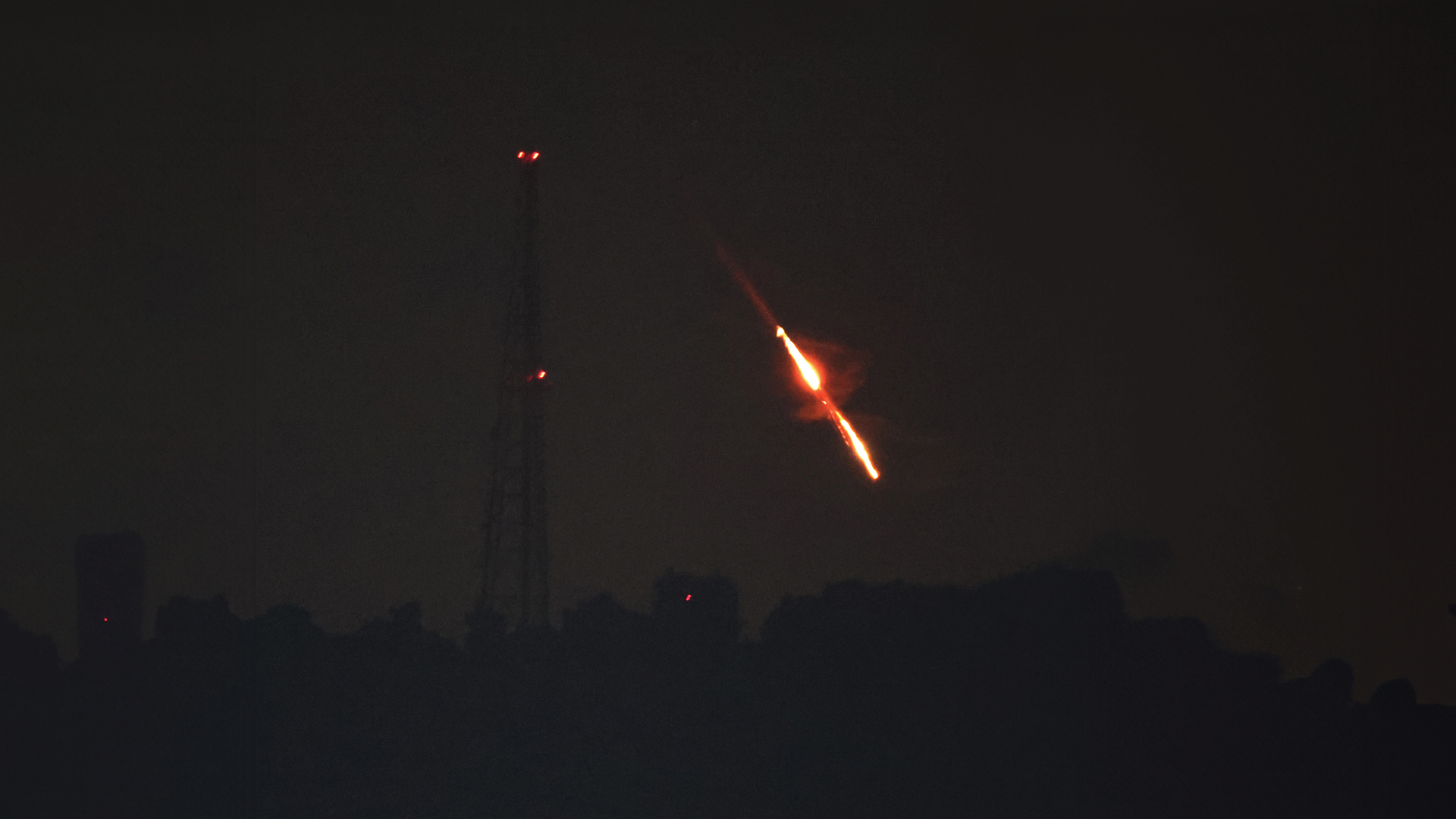
Iran's "True Promise" and the next day. Dr. Hans-Jakob Schindler, a seasoned diplomat with extensive experience in the Middle East and a former coordinator at the UN Security Council, shares insights with iMEdD.
When Hellenism and Zionism aspired to nation-statehood

As empires collapsed, two ethnic ideologies sought a nation-state.
How a militia combining medieval and high-tech paralyzed the world economy
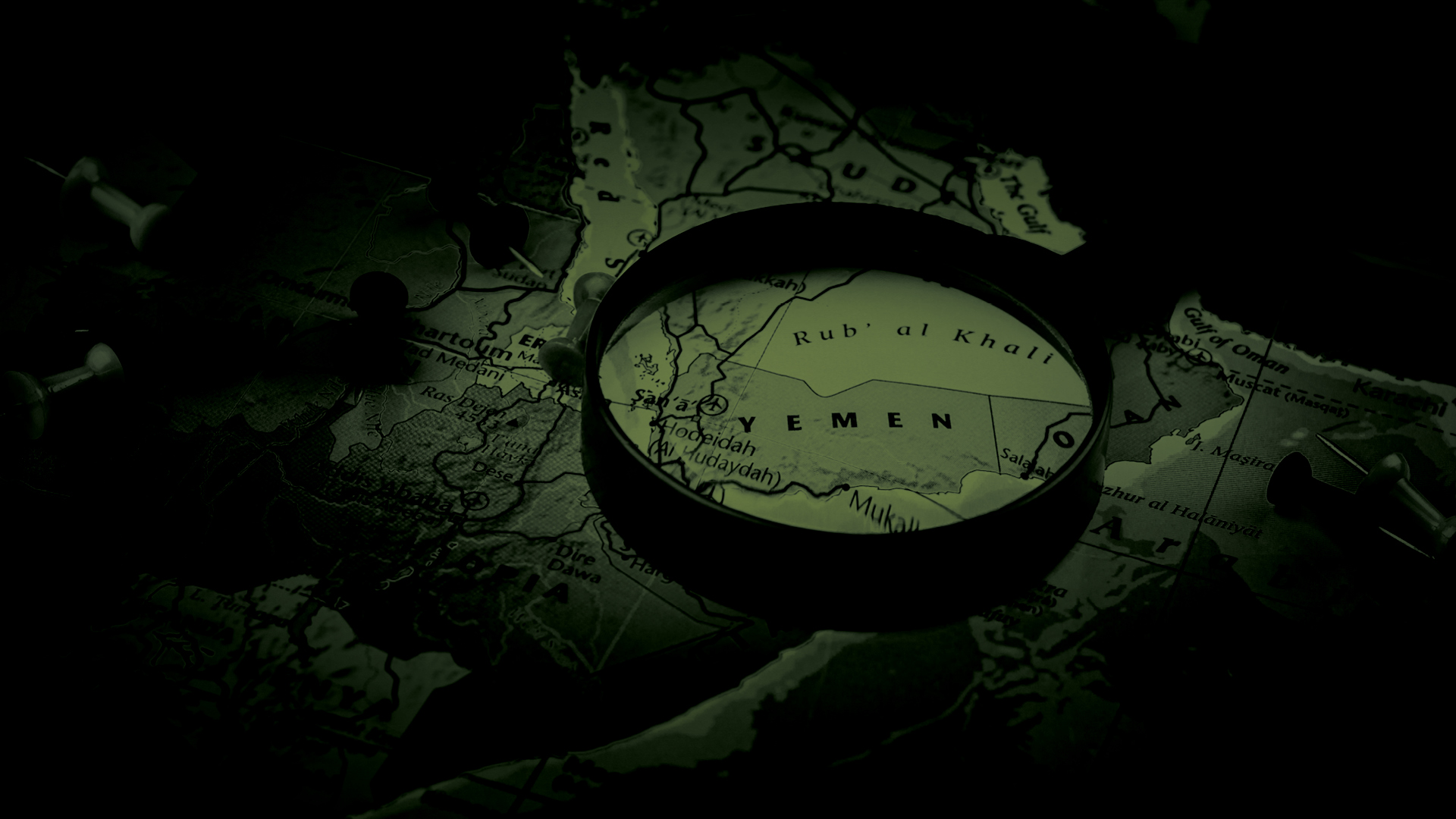
The geopolitical intricacies and shadow wars that have turned the Red Sea into a volatile battleground, threatening vital trade routes and exposing the limitations of military interventions
The poorest countries around the world are also highly dependent on wheat imports from Ukraine and Russia

Food insecurity is increasing as a result of historically high food inflation, export restrictions and the dependence of many countries on basic foodstuff imports from Ukraine and Russia. What do the data suggest about the global imports and exports of foodstuffs and fertilizers.